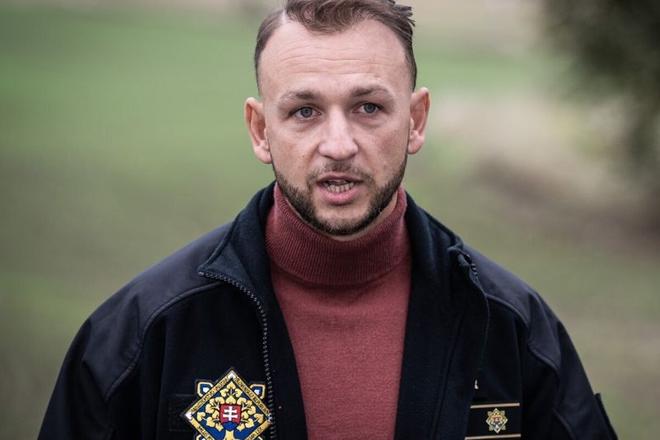Welcome to your weekly commentary and overview of news from Slovakia. The new interior minister wastes no time in demonstrating his power, firing the Police Corps president (who was already on his way out) and sending dogs and horses to the southern border to intercept migrants (but finding none). Early changes also affect the judiciary. Having barely settled into his new seat in Slovakia’s parliament, Danko is eyeing one in the European Parliament.
If you have a suggestion on how to make this overview better, let me know at michaela.terenzani@spectator.sk.
What the interior minister does not want you to see behind his battle against migrants
You may remember that when the coalition talks were still ongoing, the Interior Ministry was one of the most sought-after departments in the cabinet. This is in line with a major goal that the parties of the new ruling coalition, mainly Smer and Hlas, declared during the election campaign. They want, as they put it, to depoliticise the criminal prosecution bodies. Their critics worry that Smer’s intention is in fact to curtail the ongoing criminal prosecutions of people associated with its previous governments.
In the end, the department of the interior went to Hlas – but the new minister, Matúš Šutaj Eštok, has wasted no time in showing that he is perfectly aligned with Smer’s Robert Fico, whom he deserted just three years ago to join Peter Pellegrini. With his first steps in office, Šutaj Eštok has put an end to any lingering hopes that some people may have been harbouring about Hlas tempering the potential harms that Smer might be ready to inflict – and not only at the Interior Ministry.
Read this article to find out:
about the first steps of the new interior minister since taking office,
why the new head of the Police Inspectorate is a controversial nomination,
what all this has to do with migration.
New minister demonstrates his power
Šutaj Eštok barely had time to get behind his ministerial desk before dismissing Štefan Hamran as Police Corps president. The fact that Hamran had only three working days left until his previously submitted resignation came into effect, and that for those three remaining days he was transferred to a police department 300 km away from his home, was a demonstration of power as well as pettiness.
The new minister also suspended several top police investigators who had uncovered the extensive criminal activity that thrived under previous Smer-led governments. He did it even though these officers now enjoy whistleblower status, which means that their employer – the Police Corps – must first run any decision to suspend or fire them past the Office for the Protection of Whistleblowers – something which did not happen.
All this points to the determination of the new government to act fast and replace key people in the criminal prosecution bodies with nominees who are completely aligned with their aims. We have yet to see who will permanently take Hamran’s place as Police Corps president, although Šutaj Eštok promised to come up with a name within days. Meanwhile, there are rumours that the coalition might propose former police chief Tibor Gašpar, a newly-elected Smer MP who faces criminal prosecution in the Purgatory case, to head Slovakia’s main intelligence agency.


